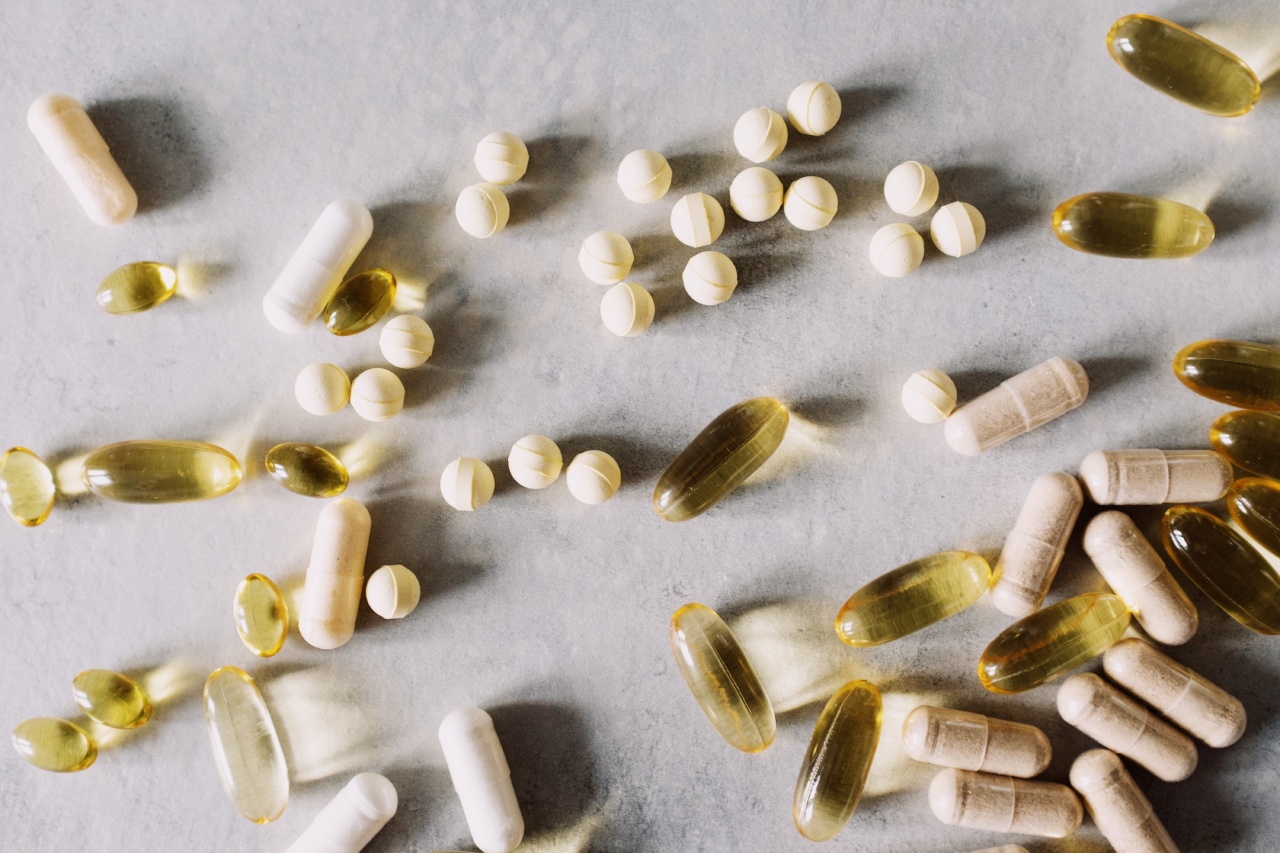Atherosclerosis is a progressive disease that affects the arteries. It results from the buildup of plaque in artery walls, which causes a narrowing of the blood vessels.
Over time, this narrowing restricts blood flow and can lead to serious complications, such as heart attack or stroke.
Role of diet in preventing atherosclerosis
Dietary habits have a significant impact on the development and progression of atherosclerosis. Research shows that a diet high in saturated fat and cholesterol increases the risk of atherosclerosis.
Fortunately, making changes to one’s diet can help reduce this risk and even reverse the progression of the disease.
1. Increase consumption of fruits and vegetables
Fruits and vegetables are rich in antioxidants and fiber, which can help reduce inflammation, LDL cholesterol levels, and blood pressure.
Several studies have shown that a diet rich in fruits and vegetables is associated with a lower risk of developing atherosclerosis.
2. Choose heart-healthy fats
Incorporate healthy fats, such as monounsaturated and polyunsaturated fats, into your diet. These fats can help reduce inflammation and improve cholesterol levels. Sources of healthy fats include nuts, seeds, fatty fish, and olive oil.
3. Limit saturated and trans fats
Saturated fats are found in high-fat dairy products, fatty meats, and tropical oils. Trans fats are found in processed foods, such as baked goods and fried foods.
These fats contribute to inflammation and increase LDL cholesterol levels, which can lead to atherosclerosis. Limit your intake of these fats to less than 10% of your daily calories.
4. Choose lean sources of protein
Limit your consumption of red meat and processed meats, which are high in saturated fats. Choose lean sources of protein, such as poultry, fish, beans, and legumes.
5. Increase consumption of whole grains
Whole grains are rich in fiber and can help reduce cholesterol levels, blood pressure, and inflammation. Incorporate whole grains into your diet, such as whole wheat bread, brown rice, and quinoa.
6. Limit sugar and sugary beverages
Sugar and sugary beverages contribute to inflammation and can lead to weight gain, which increases the risk of developing atherosclerosis. Limit your intake of sugary foods and drinks.
7. Avoid excessive alcohol consumption
Excessive alcohol consumption can lead to high blood pressure and contribute to the development of atherosclerosis. Limit your alcohol intake to no more than one drink per day for women and two drinks per day for men.
8. Choose low-sodium foods
High sodium intake is associated with high blood pressure, which can increase the risk of developing atherosclerosis. Choose low-sodium foods and limit your use of salt while cooking.
9. Incorporate plant sterols/stanols
Plant sterols and stanols can help lower LDL cholesterol levels and reduce the risk of atherosclerosis. These compounds are found naturally in plant-based foods or can be added to foods in supplement form.
10. Stay hydrated
Drinking enough water can help keep blood flowing smoothly and reduce the risk of atherosclerosis. Aim for at least 8 cups of water per day.






























